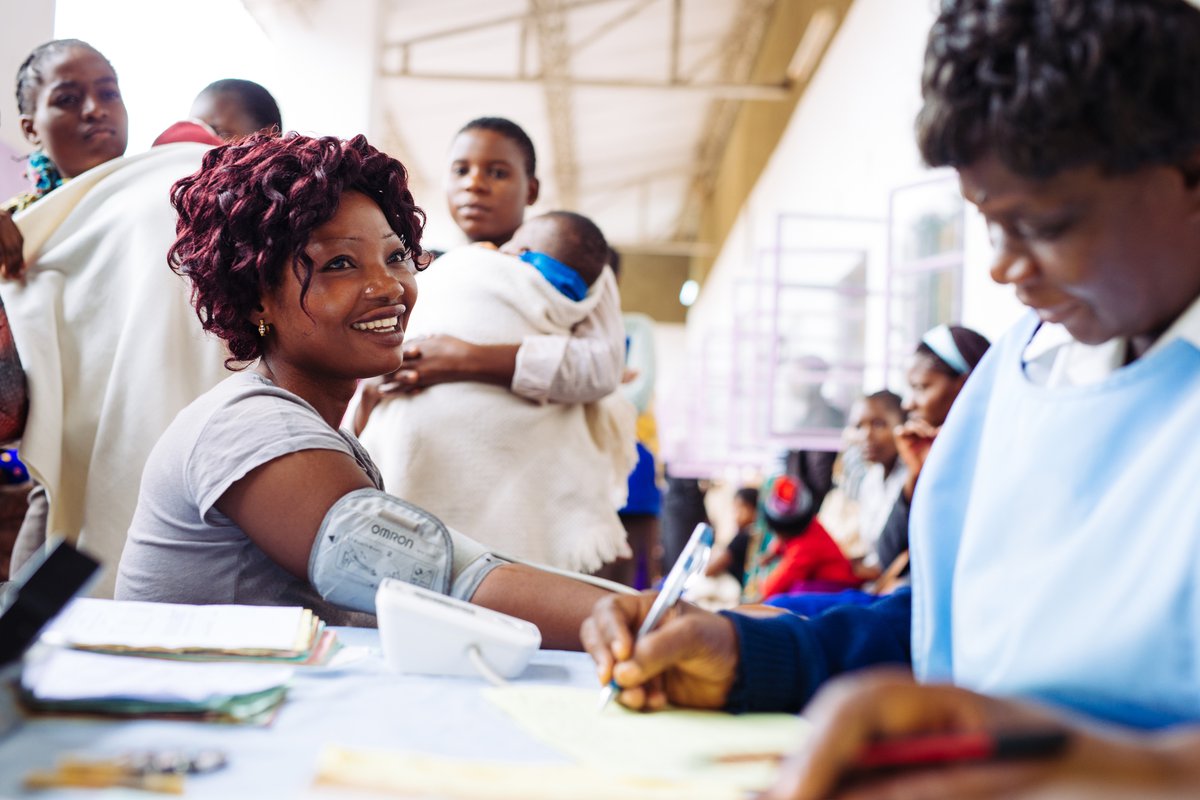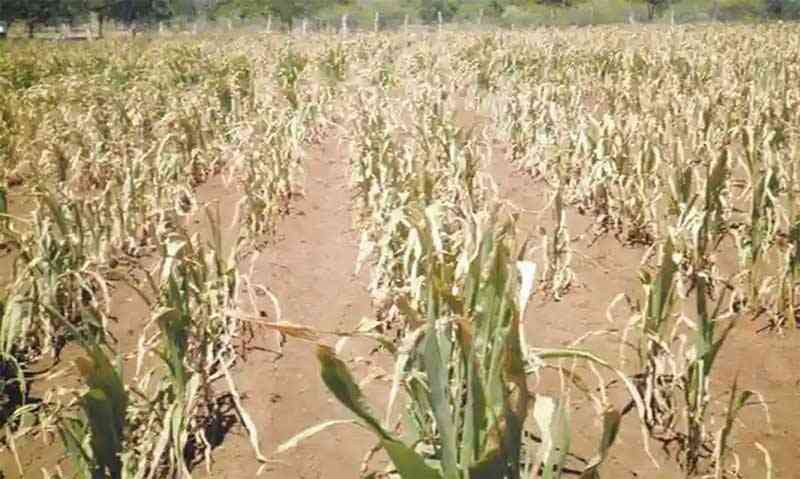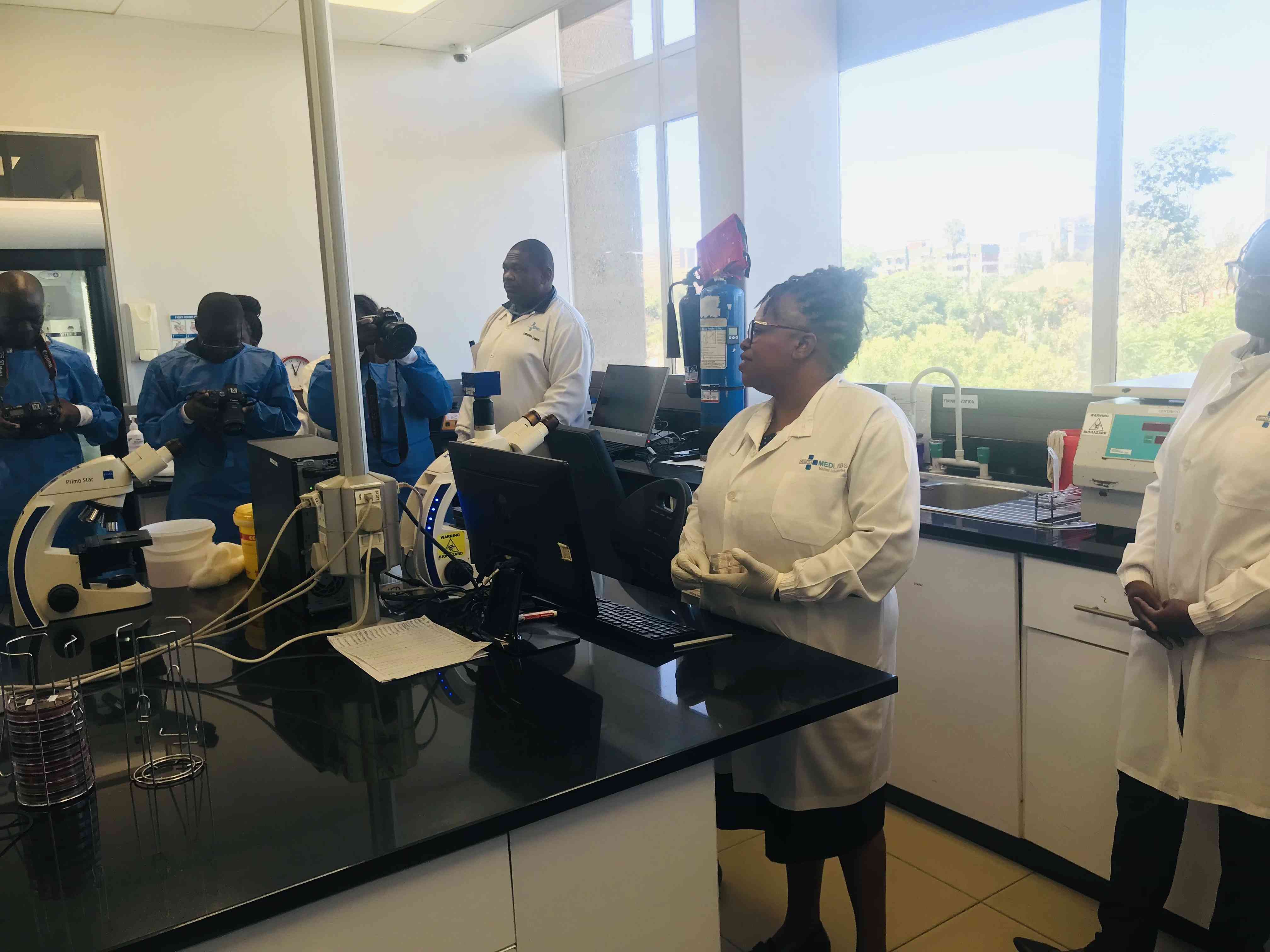
BY HARRIET CHIKANDIWA ZIMBABWE has been urged to continuously assess its primary healthcare systems in order to close gaps in accessing healthcare by marginalised communities and deal with neglected tropical diseases.
This was said by health experts on Monday as the country commemorated the World Neglected Tropical Diseases Day, which is celebrated annually on January 31.
Neglected Tropical Diseases (NTDs) are a group of 20 conditions caused by a variety of pathogens, including viruses, bacteria, parasites, fungi and toxins.
They cause devastating health and social and have economic consequences to more than one billion people worldwide.
NTDs are prevalent mainly in rural areas and conflict zones and hard-to-reach regions where there is no access to clean water and sanitation.
Zimbabwe is affected by NTDs such as tuberculosis, bilharzia, malaria, cholera and typhoid, among others.
Community Working Group on Health executive director Itai Rusike said prevalence of NTDs reflects the health status of the country.
“Defeating NTDs is not just the right thing to do. It is a social justice issue and will be essential to deliver the Sustainable Development Goals and Agenda 2063, which among other things aims to free Africa of its heavy burden of disease, disability and premature death,” he said.
- Chamisa under fire over US$120K donation
- Mavhunga puts DeMbare into Chibuku quarterfinals
- Pension funds bet on Cabora Bassa oilfields
- Councils defy govt fire tender directive
Keep Reading
“The persisting and recurrent outbreak of NTDs gives a poor reflection of the health and development status of the country. Zimbabwe needs sustained investments in primary healthcare to revitalise the health system to close gaps in access to services and to address the causes of ill-health.”
He said the country needed to prioritise access to potable water, while dumpsites should be well-cased and protected.
Rusike said provisions of the Public Health Act [Chapter 15:09] and by-laws on disposal of condemned foods need to be enforced.
“Communities should be cultured and disciplined from family level to practise individual and community health hygiene. We need to recruit young people as health promoters, especially given that bilharzia is still prevalent among young people,” he said, adding that the spread of health information, safe water, and sanitation and community environments are pivotal to NTD prevention.
“Addressing this means boosting the number of environmental health technicians and supporting them with resources (fuel, materials) to monitor, treat water, and organise improvements.”
In his message to commemorate World Neglected Tropical Diseases Day, World Health Organisation director-general Tedros Adhanom Ghebreyesus said the COVID-19 pandemic had thrust millions of people deeper into poverty and affected those who already had limited access to health services.
“To mark World Neglected Tropical Diseases Day, the World Health Organisation is calling on everyone, to rally to confront inequalities that characterise NTDs and ensure that the poorest and marginalised communities, who are mostly affected by neglected tropical diseases, receive the health services they need,” he said.
- Follow Harriet on Twitter @harrietchikand1











